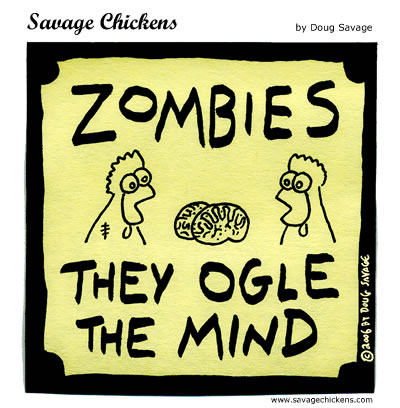What leads you to this conclusion?
Over the years I’ve come across some RC articles & forum posts that take the view that the official RCC position is that there is a hell which will be populated by human beings who will suffer there forever. For example:
"To put things in simple common sense terms, everyone knows that the Catholic Church and the wider traditional Christian Church has always taught that there is a heaven and there is a hell. Ignoring the theological glosses - limbo and purgatory - Christian and Catholic teaching has been clear that upon death, some men will go to heaven, where they will dwell with God forever, and some men will go to hell, where they will dwell with Satan and the other damned, forever. This teaching is firmly based on the words of our Lord in the Bible. Open it up to any place where hell is mentioned, and you will find Jesus stating it, always in strong terms."http://mahoundsparadise.blogspot.ca/2017/07/pope-francis-appoints-universalist-all.html
"The Council of Florence defined the traditional teaching in 1442, making use of the strong words of Augustine’s disciple, Fulgentius of Ruspe ( 468-533):
" “The holy Roman Church firmly believes, professes and proclaims that none of those who are outside the Catholic Church-not only pagans, but Jews also, heretics and schismatics-can have part in eternal life, but will go into eternal fire, ‘which was prepared for the devil and his angels’, unless they are gathered into that Church before the end of life.” http://archive.churchsociety.org/churchman/documents/Cman_095_4_Fairhurst.pdf
http://catholicism.org/eens-popes.html
"123. The Council of Trent spoke once of fear of hell as a motive for imperfect contrition, but offered no account of hell and the punishment of eternal loss.136 The Catechism of the Council of Trent, however, made hell a part of its instruction on two articles of the Apostles’ Creed. First, to clarify Christ’s descent into hell, the Catechism states that what is properly called “hell” is not the temporary dwelling of the pre-Christian righteous, to which Christ descended, but is instead "that most loathsome and dark prison in which the souls of the damned are tormented with the unclean spirits in eternal and inextinguishable fire.“137”
“124. Then, in its account of Christ’s return to judge the living and the dead, the Catechism dwells on the sentence with which Christ the Judge, according to Mt. 25:41, will condemn the wicked who refused mercy to the needy. Their heaviest punishment comes from being told, “Depart from me,” to suffer an eternal pain of loss in banishment from the sight of God. Being relegated to “eternal fire” indicates the sense of pain that they will suffer without end. Then, the punishment of hell was “prepared for the devil and his angels,” showing that the lost lack kindly companionship since they are forever with wicked demons.138”
http://www.usccb.org/beliefs-and-teachings/ecumenical-and-interreligious/ecumenical/lutheran/hope-eternal-life.cfm




